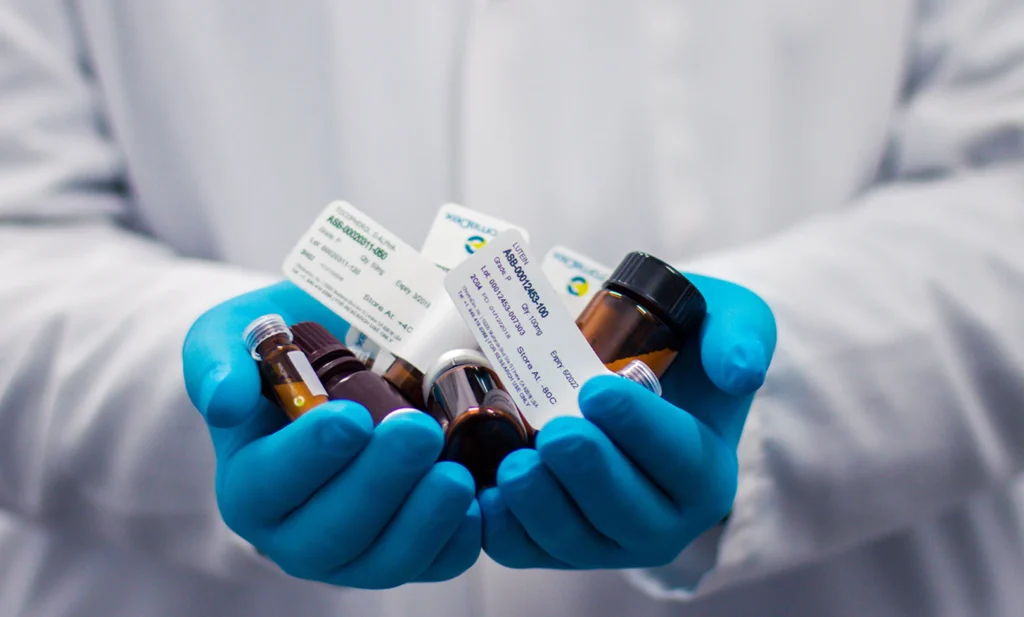Indian-Origin Doctor Found Guilty in Major U.S. Healthcare Fraud and Drug Scheme

A U.S. federal jury has convicted Dr. Neil K. Anand, a 48-year-old physician of Indian origin based in Bensalem, Pennsylvania, for his involvement in multiple healthcare fraud conspiracies and illegal drug distribution activities.
According to the U.S. Department of Justice, Dr. Anand orchestrated a scheme involving the distribution of “Goody Bags” — bundles of medically unnecessary prescription drugs — to patients through in-house pharmacies he owned. These bags were fraudulently billed to federal health programs including Medicare, health plans under the U.S. Office of Personnel Management (OPM), Independence Blue Cross (IBC), and Anthem.
Evidence presented during the trial revealed that patients were coerced into accepting these Goody Bags in order to obtain prescriptions for controlled substances. The medications, which were neither needed nor requested, led to more than $2.3 million in improper reimbursements from the health programs.
Further investigations uncovered that Dr. Anand also engaged in unlawful distribution of oxycodone. Working outside the bounds of professional medical practice, he authorized prescriptions for powerful opioids without legitimate medical justification. In some cases, unlicensed medical interns wrote these prescriptions using pre-signed prescription pads provided by Dr. Anand.
In total, he was found responsible for prescribing over 20,000 oxycodone tablets to just nine patients as part of the scheme.
Once he became aware of the federal investigation, Dr. Anand attempted to conceal over $1.2 million in fraud proceeds by moving the money into an account held in his father’s name for the benefit of his minor daughter.
The jury found Dr. Anand guilty on several counts, including conspiracy to commit healthcare and wire fraud, three separate counts of healthcare fraud, conspiracy to illegally distribute controlled substances, one count of money laundering, and four counts of illegal financial transactions.
He is set to be sentenced on August 19, and if given the maximum penalty, could face up to 130 years in prison. The final sentencing will be determined by a U.S. District Court Judge, who will weigh federal sentencing guidelines along with other legal factors.
This case marks another significant milestone in the Justice Department’s ongoing crackdown on healthcare fraud and the improper prescribing of opioids in the United States.


